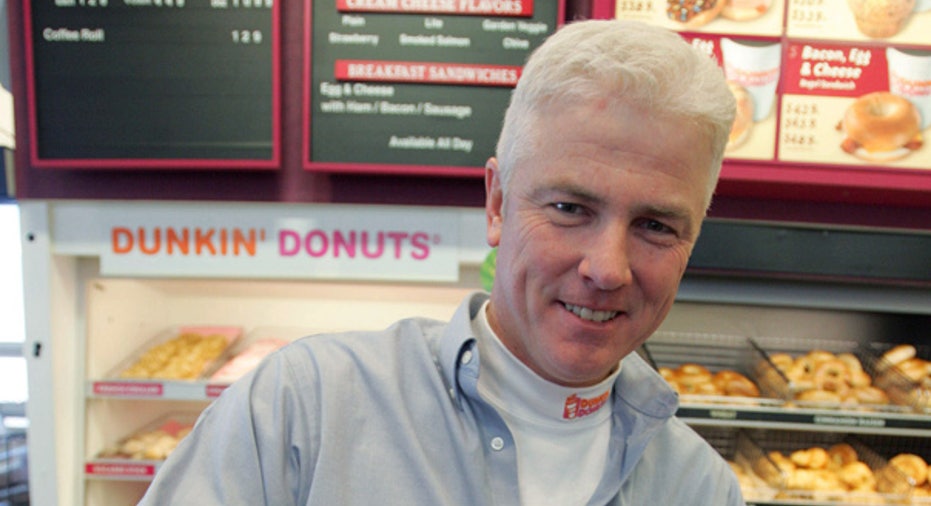What to Consider Before Franchising

My restaurant is doing quite well and I am looking into franchising it. What are some things I should consider before and during the franchise process? What are some legal, creative and logistical steps I need to consider before moving ahead? Bob Quarry, MN
The following answers come from members of The Young Entrepreneur Council, a nonprofit founded in New York in 2010 that focuses on international initiatives that include entrepreneurship education, advocacy, mentorship programs and events, scholarships, and health-care for young entrepreneurs. E-mail your questions about best practices for starting up and/or managing a small business to smbs@foxbusiness.com.
No.1: Ready to leave the restaurant business?
From: Devesh Dwivedi of BreakingThe9to5Jail.com
Franchising in its most basic sense means you'll no more be in restaurant business, you'll be in the business of teaching others on how to start and run restaurant(s). McDonalds doesn't sell burgers, it sells the business model to those who want to sell burgers. So, make sure teaching others is what you really want to do in the business, if not, opening another location would be a better option.
No. 2: Are you different enough?
From: Ashley Bodi of Business Beware
Make sure that your business is not in the same pool of other restaurants, and make sure that it has some type of unique edge to it. Figure out what others aren’t doing with their restaurants and do that.
No. 3: Your day-to-day business activities.
From: Lucas Sommer of Audimated.com
Owning or managing a restaurant is going to be much different from owning or managing a franchise. You should consider your original vision for starting the business and whether or not you are comfortable in a more corporate, less creative role.
No. 4: 3 Questions to consider before starting the franchise process.
From: Nick Friedman of College Hunks Hauling Junk
Here are three questions to ask before you can franchise your business: 1. Is your business systematized with a step-by-step manual, and can someone else be taught to run the business as effectively as you do within three months? 2. Is your business profitable and can someone still make a good income after you charge them a royalty? 3. Does your business have credibility and has it been recognized in the media?
No. 5: Geography matters.
From: Elizabeth Saunders of Real Life E®
Think very carefully about expansion into new states and new countries. Each time you fall under new legislation or vastly different culture norms, you risk opening yourself up to new tax liabilities, licenses, fees and other unexpected obstacles. It may be most effective to expand first within a state or region before branching out farther.
No. 6: Customer feedback is key.
From: Ryan Paugh of Brazen Careerist
It's difficult to get quality feedback as your business scales. For the food and beverage industry, tech startups are creating products that help your customer feedback scale along with your business. One that has caught my eye recently is called Food For Thought. It's a mobile platform that helps restaurants reward their patrons for sharing feedback about their visit.
No. 7: Consider the ‘E-Myth.’
From: Matt Wilson of Under30CEO.com.
The best thing you can do is seek advice from people who have done it before. Michael Gerber explains exactly how to systemize your business to create a scalable entity in “The E-Myth.” Make sure your first restaurant can run without you so your franchises can be completely turnkey.
No. 8: Cookie cutting is key.
From: Michael Sinensky of FunBars.com.
You must have a detailed business plan for your business that states why your concept is franchise-able. You need many unique things like sauces, promotions, a unique logo and each place must have the same look, a cookie-cutter model. So to start the process, find a franchising consultant who will walk you through all the above.
The Young Entrepreneur Council is a nonprofit led by the world's top, young entrepreneurs. Our mission is to take action against youth unemployment through programs that encourage aspiring entrepreneurs to start their own businesses. It was founded in New York in 2010 by serial entrepreneur and internationally syndicated small business columnist Scott Gerber, author of Never Get a "Real" Job.



















